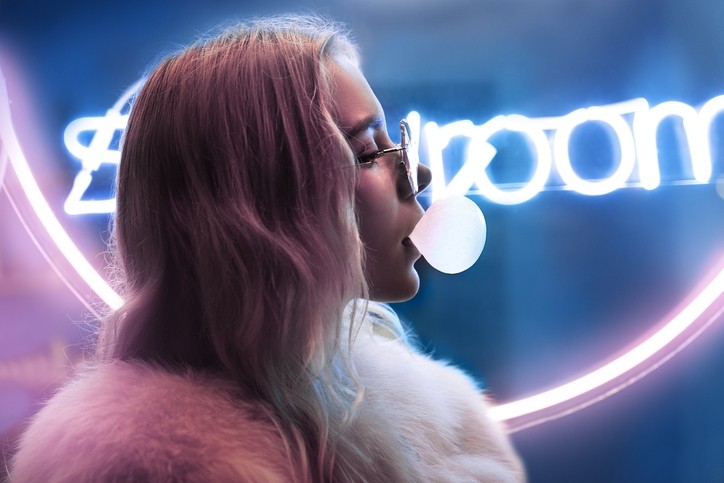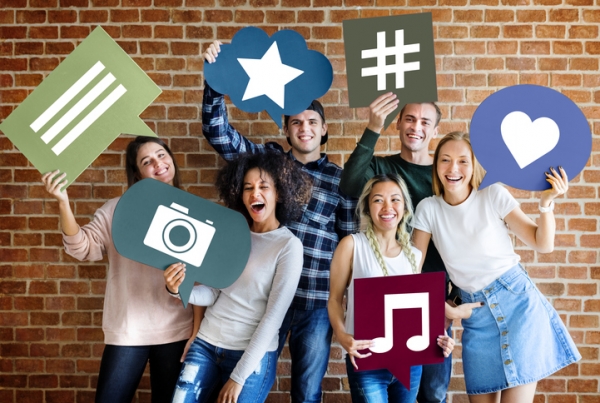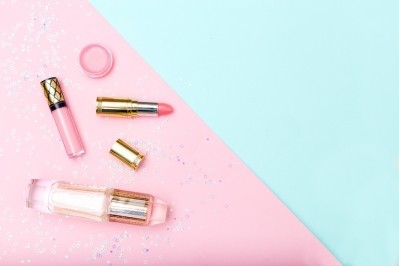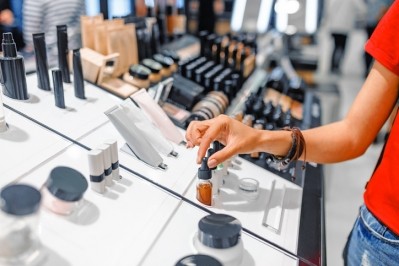Gen Z ready? Targeting the ‘woke’ generation requires physical-digital blur

In 2019, Generation Z – currently aged under 23-24 years – represented around 32% of the global population, nudging ahead of millennials, according to Bloomberg analysis of United Nations data. And in a recent report from specialised ad firm The Pull Agency ‘Future of Beauty: Is Your Brand Ready For Gen Z?’, insight on how to target this demographic indicated important shifts in shopping and brand engagement behaviour.
Findings from The Pull Agency’s survey of 1,200 UK adults showed one-third of Gen Z shoppers researched health and beauty products online but still predominantly purchased products in-store; and whilst half (48%) shopped in high street chemists like Boots or Superdrug, they were also the most likely generation to visit specialised stores like Holland & Barret or The Body Shop.
Gen Z have a ‘changing approach to retail’
Speaking to CosmeticsDesign-Europe, Claire Rance, head of brand strategy at The Pull Agency, said Gen Z was an “incredibly important” consumer group with interesting shopping habits that blurred in-store and online.
“Both brands and retailers need to take notice of Gen Z and their changing approach to retail. In-store should be all about the experience and socialising for consumers. It’s almost an escape from their digital lives,” Rance said.
But this group still had digital needs and expectations from beauty brands, she said, so one “exciting” opportunity was bringing the physical and digital worlds together – known as ‘phy-gital’ – through emerging tech like magic mirrors, virtual reality and app scanning in-store.
“Retail-tainment is the real draw for this generation and brands like Westfield know how to deliver that,” she said. “…Gen Z see digital and physical as something that should be seamless.”
Last year, CosmeticsDesign-Europe identified 'Return of the Highstreet' as one of five important 'trends to watch' across the EMEA region in 2020.
‘Social media and micro-influencers influence this group the most’
In their online, digital world, Generation Z could be captured by influencers in the health and beauty space.
“Social media and micro-influencers influence this group the most – these are the channels that they discover and learn more from,” she said. And micro-influencers, those with between 1k-40k followers, were “particularly interesting” when targeting Gen Z because it was this group driving higher engagement rates than influencers with 1m+ followers, she said. This was likely because they were seen as being “more real and authentic”, she said.
The Pull Agency’s research showed 52% of Gen Z consumers mainly discovered new looks and trends on Instagram – “significantly more than any other demographic”. YouTube was the second-largest source of influence, followed by friends and family members. Celebrities carried less weight in influencing Gen Z in the health and beauty space; rather 83% were influenced by product ratings and reviews.
Expectations high among this ‘woke’ generation
Rance said that whilst spending remained relatively low among this generation currently, in time they would become increasingly influential as they got jobs and their own money. “This is especially true when you consider that Gen Z are the first truly ‘woke’ generation, exposed to more information regarding the world around them than any other generation,” she said.
Rance said what was important to consider within all this was that Gen Z expected more from brands, in terms of environmental responsibilities and what was on offer from a consumer standpoint, including personalised experiences and content.
“There is definitely a shift in views towards beauty by this generation, as they are so aware of cultural influencers and the world around them. I think beauty and wellbeing will start to merge closer together as Gen Z expects more from brands and the beauty industry.”






















